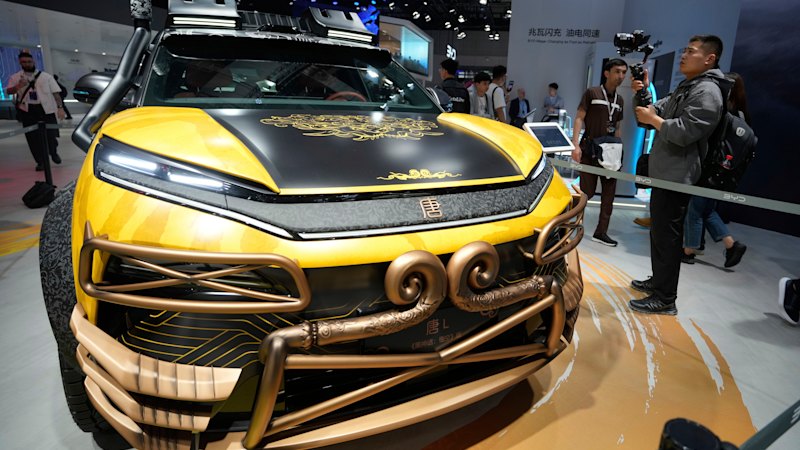
BYD, the world’s largest electric vehicle (EV) manufacturer, is recalling more than 115,000 vehicles in China due to significant technical defects. This action raises questions about the company’s quality control amidst increasing consumer concerns regarding EV safety. The recalls, announced on September 29, 2023, target both hybrid and fully electric models and follow investigations by the State Administration for Market Regulation.
While vehicle recalls are not uncommon in the automotive industry, the defects in question involve critical components related to the drive and battery systems. This has heightened consumer anxiety, particularly in light of two fatal accidents involving vehicles from BYD’s competitor, Xiaomi, earlier this year.
Details of the Recalls
The first recall affects approximately 44,000 units of the earlier version of the flagship hybrid Tang series, produced between March 2015 and July 2017. The identified defects in the design of certain components and the drive motor controller could potentially lead to circuit board failures, resulting in loss of power during operation.
The larger recall concerns around 70,000 electric Yuan Pro crossovers, manufactured between February 2021 and August 2022. These vehicles are affected by a flaw in the battery’s waterproof design, which may cause reduced power output. To resolve this issue, BYD plans to apply a sealant to the battery housing.
The Impact of Safety Concerns
BYD is striving to enhance its reputation beyond that of a domestic, price-competitive player as it aims to build a global brand. The company recently experienced its first monthly sales decline in 18 months in September, losing its status as China’s best-selling brand for the period. Additionally, it was compelled to reduce its sales target for 2025 from 5.5 million units to 4.6 million units due to challenging market conditions.
Recent incidents involving Xiaomi vehicles have intensified scrutiny on vehicle safety features, particularly flush door handles. On September 25, 2023, a tragic accident involving a Xiaomi SU7 electric sedan led to a fatality when bystanders were unable to open the doors to rescue the driver, who died after the vehicle caught fire following a collision suspected to involve drunk driving.
As a response to these events, Chinese regulators are drafting new requirements for door handle mechanisms to mitigate the risks associated with hidden handles popularized by manufacturers such as Tesla. Discussions surrounding these new standards have gained traction on social media, with relevant hashtags garnering over 1 million views on Weibo.
In September, the Ministry of Industry and Information Technology proposed regulations mandating that all passenger vehicles must have mechanical door releases accessible from both inside and outside the vehicle. According to Li Yanwei, an adviser to the China Automobile Dealers Association, “The accidents have sped up the arrival of the new car door handle national standards.” He noted that carmakers with models featuring flush handles will need to enhance their designs to comply with the forthcoming regulations.
As BYD navigates this challenging landscape, the company faces the dual task of addressing safety concerns while also striving to maintain its competitive edge in a rapidly evolving EV market.






